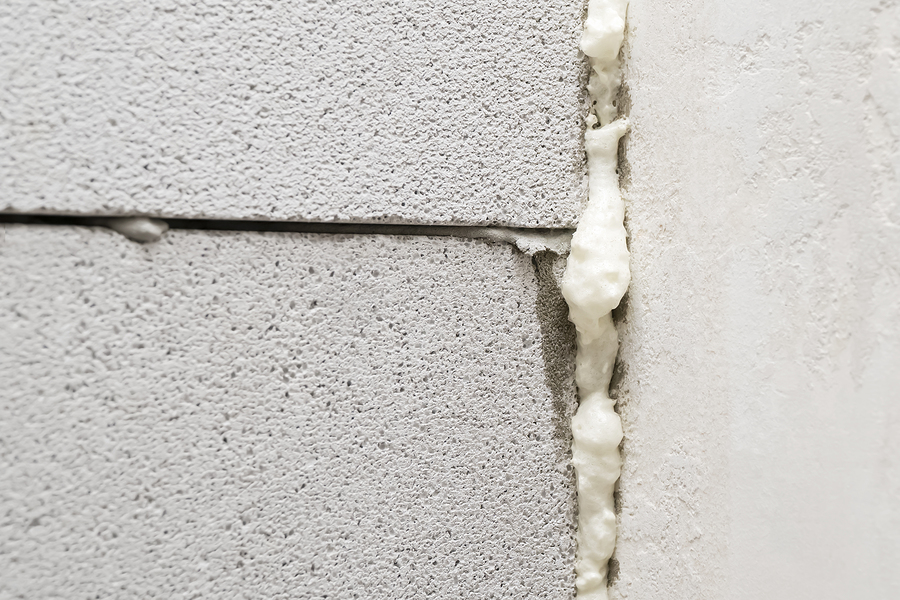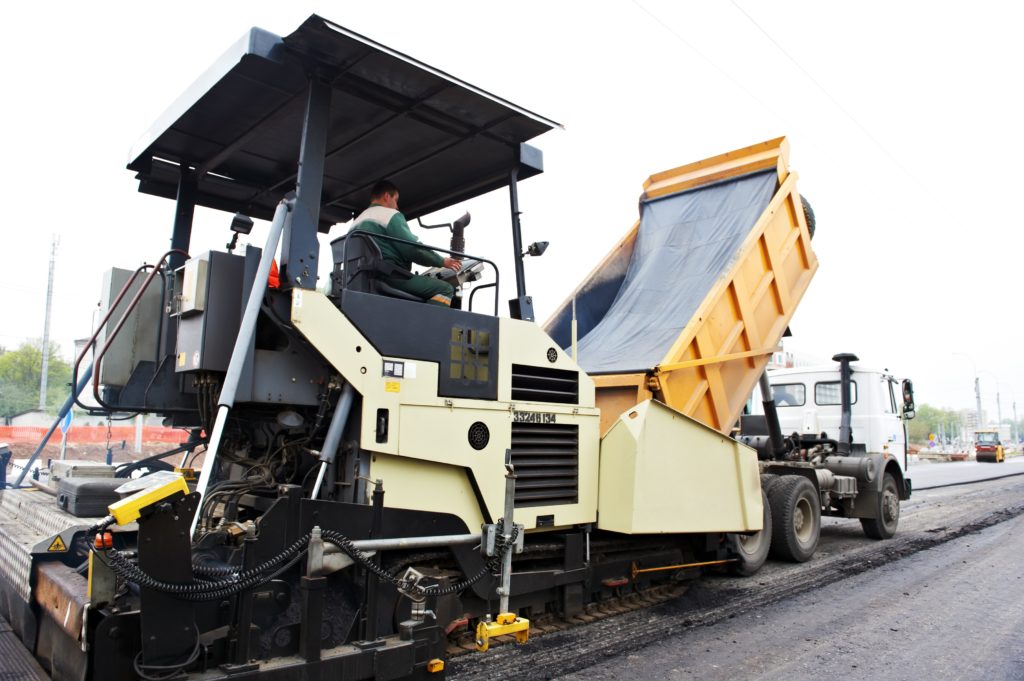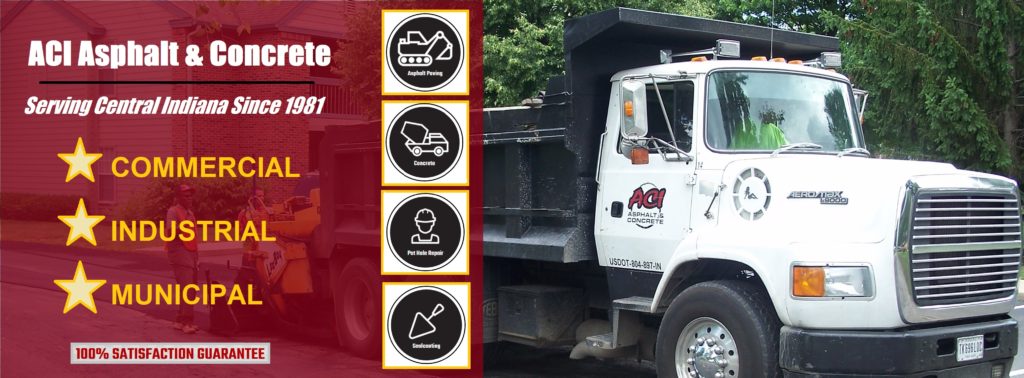Waterstops are embedded into, and continuously run through, concrete structures or slabs for the purpose of preventing water and other fluids from passing through. There are two main categories for concrete waterstops. The first includes waterstops for concrete joints in which the adjoint concrete sections do not move, while the second category includes waterstops for concrete joints in which the adjoint concrete sections do experience movement.
From there, more types of waterstops exist. Continue reading to learn the top 4 most common concrete waterstops.

Extruded Plastic Waterstops
Extruded plastics and thermosets, such as polyvinyl chloride (PVC) or thermoplastic vulcanized rubber (TPV), are common materials used to manufacture concrete waterstops. Other rubbers used to make waterstops include neoprene, styrene-butadiene, and even natural rubber.
Metal Waterstops
Metal waterstops come in coils as large as 50 m, and usually between 1.0 to 1.5 mm in thickness and 250 to 300 mm in width. Some metal waterstops are coated with polymeric or hydrophilic materials, or both in some cases. Such coatings form a tighter bond with concrete, and therefore, a second barrier against fluids.
Hydrophobic Polymer Waterstops
Hydrophobic polymer waterstops are made from the same kinds of extruded plastics mentioned before, like PVC and TPV. These kinds of waterstops are meant to do two jobs at once: allow direct interlocking into concrete, and prevent movement at the joints. They are generally applied to joints in secondary containment structures to prevent toxic or hazardous fluids from passing through.
Hydrophilic Waterstops
Also known as “water-loving” waterstops, hydrophilic waterstops are rubber strips that are enhanced with hydrophilic agents like bentonite. This modification causes the waterstops to swell when exposed to moisture or fluids. As a result, concrete joints are better sealed against leakage. However, such waterstops are not used in joints that move, such as expansion and contraction joints.
Commercial Concrete Contractors in Indianapolis
Call ACI Asphalt and Concrete at 317-549-1833 for commercial concrete services in Indianapolis, Indiana. Our licensed and qualified paving contractors provide several Indianapolis concrete paving services, including pavement repair, sealcoating, road work, commercial paving, industrial paving, winter cold patching, and more. We are the industry veterans to trust for skilled craftsmanship and competitive prices! Request a free estimate, today.



